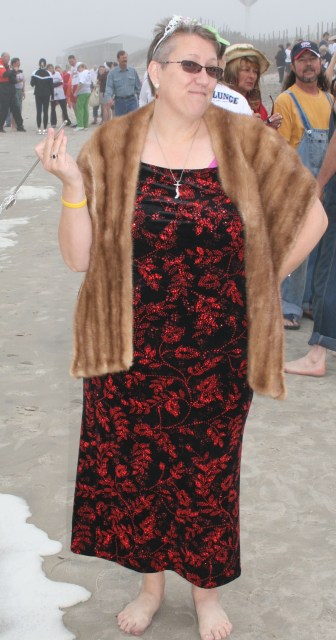How My Led to Open-Heart Surgery
1.Shortness of Breath and Fatigue:
It started with a persistent shortness of breath and fatigue. I noticed that even simple tasks like climbing stairs or walking caused me to feel winded and exhausted. I brushed it off as aging and attributed it to my busy lifestyle initially.
2.Seeking Medical Advice:
As the symptoms persisted and worsened, I decided to seek medical advice. My doctor ran some tests, including blood work, an electrocardiogram (ECG), and a chest X-ray. The results revealed a heart murmur, indicating an abnormal sound during my heartbeat.
3.Referred to a Cardiologist:
Concerned about the murmur, my doctor referred me to a cardiologist for further evaluation. After a thorough examination, including an echocardiogram (a heart ultrasound) and a stress test, the cardiologist diagnosed me with aortic valve stenosis, a condition in which the aortic valve narrows and obstructs blood flow from the heart to the rest of the body.
4.Severity of the Condition:
The cardiologist explained that the narrowing of the aortic valve was severe and causing significant strain on my heart, especially during physical activity. He recommended immediate surgical intervention to replace the damaged aortic valve.
5.Preparing for Surgery:
The prospect of open-heart surgery was daunting, but I understood its necessity for my well-being. I underwent pre-operative tests and assessments to ensure I was in optimal health for the procedure.
6.Open-Heart Surgery:
The surgery involved a median sternotomy, where the breastbone was divided to gain access to the heart. The damaged aortic valve was removed and replaced with a mechanical prosthetic valve. The surgery lasted several hours and required careful precision from the surgical team.
7.Post-Operative Recovery:
After the surgery, I spent several days in the intensive care unit (ICU) for close monitoring. The initial recovery was challenging, with pain and discomfort. However, with the support of medical staff, physiotherapy, and medication, I gradually regained my strength.
8.Rehabilitation and Lifestyle Changes:
Following discharge from the hospital, I embarked on a cardiac rehabilitation program to aid in my recovery. I made significant lifestyle changes, including adopting a healthier diet, engaging in regular exercise, and managing stress effectively.
9.New Lease on Life:
Undergoing open-heart surgery has profoundly impacted my life. I am immensely grateful for the expertise of the medical team involved in my care. Today, I am leading a full and active life, cherishing every moment and striving to maintain optimal heart health.
My experience has taught me the importance of early detection, seeking professional medical advice, and embracing a proactive approach to health and well-being. Open-heart surgery may have been a challenging chapter, but it has ultimately led me to a greater appreciation for life's preciousness and the importance of taking care of myself both physically and mentally.
-
Hockey
QuestionI am a 43 year old male with a BMI of 36 with certain co-
-
VSG vs. RNY
QuestionIm female, 5ft 8.5ins, weigh 320lbs and my BMI is 48/49.I
-
drinking alcohol after lap band surgery
QuestionIm just wondering how long after surgery is the absolut m
-
life expectancy of implant used in lap band surgery
QuestionI want very much to get lap band surgery either with the
-
3 years after gastric bypass surgery
QuestionI am 3 years out from my surgery. I have gained bac
-
GB reversal
QuestionI am having a problem with hallucinations, shaking, memor

